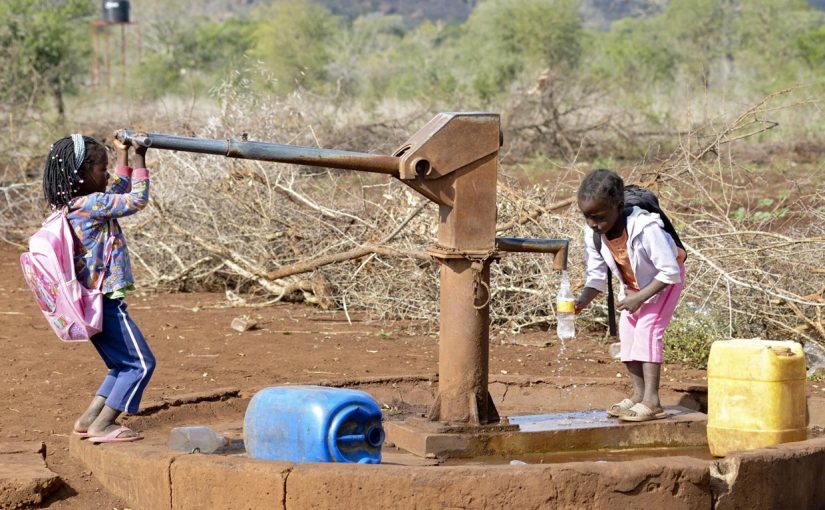Mozambique: EUMAM MOZ on World Cleanup Day 2025
Mozambique: ‘Unprecedented’ high temperatures recorded in 2024 – report

File photo: Lusa
In 2024, Mozambique recorded an average temperature “unprecedented” in the last 75 years, 1.2 degrees centigrade above the previous analysis. Stations across the country recorded more than 44 degrees centigrade, according to official data.
According to the annual State of Mozambique’s Climate – 2024 report by the National Meteorological Institute (Inam), which Lusa saw on Monday, this increase is “very close to the threshold” of 1.5 degrees centigrade established by the Paris Agreement to significantly reduce the risks and impacts of climate change.
“The Paris Agreement includes a commitment to keep the increase in the global average temperature well below two degrees Celsius this century, compared to pre-industrial times, and the need for additional efforts to limit the temperature increase even further to 1.5 degrees,” Inam said.
The report, which calculates that the country’s average temperature was 1.2 degrees above the average for the previous period of 1981 – 2010, also points out that in 2024 the highest temperature recorded in Inam’s network of weather stations was 44.5 degrees in Chingodzi, in the central province of Tete, on 28 October. In addition, a maximum temperature of 42.4 degrees was recorded in Xai-Xai, in the southern province of Gaza, and 43 degrees in Maputo.
“Almost the entire length of the provinces of Zambézia and Sofala, and parts of the provinces of Niassa, Nampula, Tete, Manica, Inhambane and Gaza recorded the driest December ever (1981 to 2024),” the study also reads.
In Inam’s record, the Chingodzi station, in Tete, also recorded the peak temperature monitored since 1951, reaching 49.9 degrees on 18 November 2023.
“This information on record average temperatures, persistent droughts and excessive rainfall highlights a severe pattern of extreme weather events that demonstrate the occurrence of climate change,” said the director-general of Inam, Adérito Aramuge, in the message he wrote in the report.
The 2024 report pointed out that, concerning drought, “national records were broken” in the centre and south, but also highlights the record of “extreme rainfall throughout the country”.
Mozambique is considered one of the most severely affected by global climate change. During the rainy season, it experiences cyclical floods and tropical cyclones, as well as prolonged periods of severe drought.
Between last December and March, the country was hit by three cyclones which, in addition to destroying thousands of homes and infrastructure, caused around 150 deaths in the north and centre of the country.













Leave a Reply
Be the First to Comment!
You must be logged in to post a comment.
You must be logged in to post a comment.